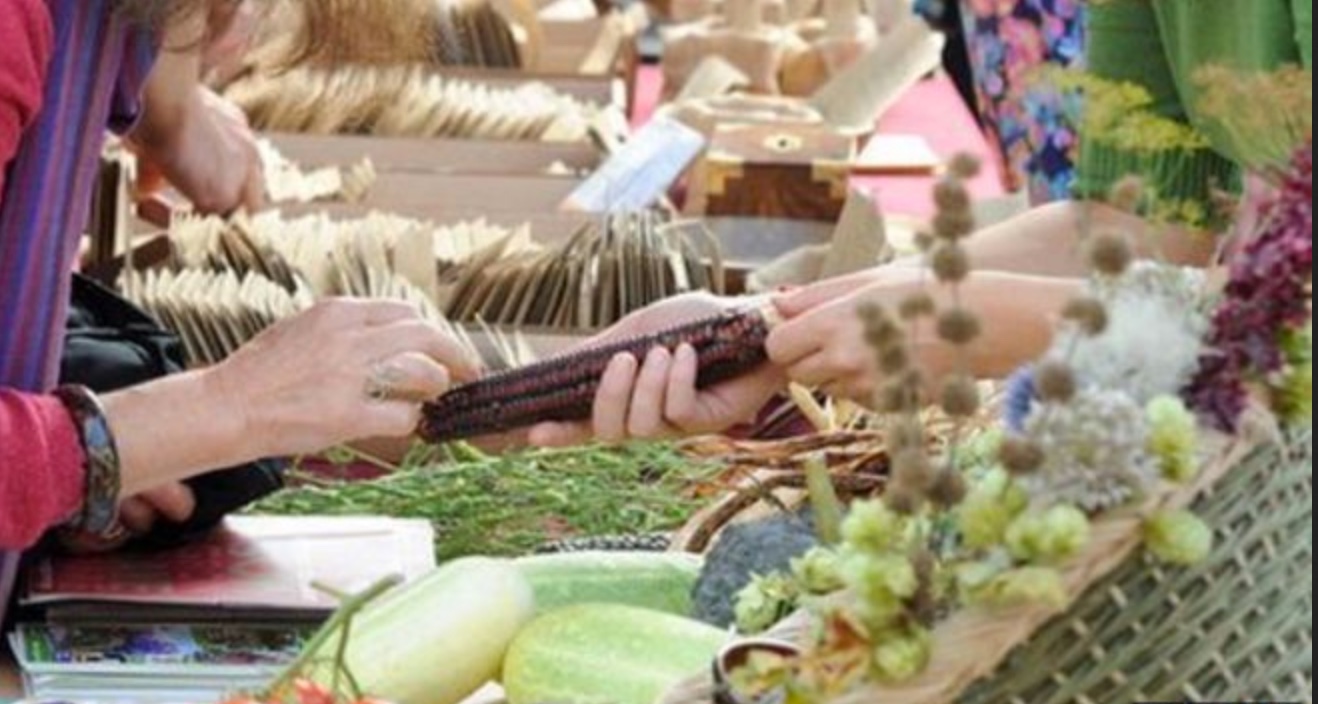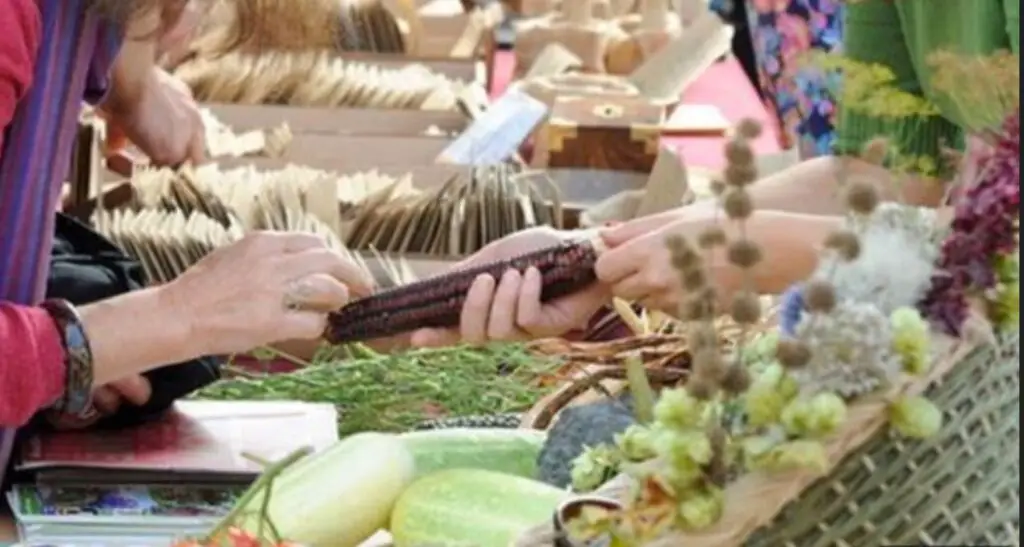News
California Legalizes Seed Sharing Amid Biotech Seed Monopolization

California just legalized seed sharing!
A recent study found that states across the US are making it very difficult or even illegal – punishable by hefty fines or even jail time – for people to practice the time-honored tradition of sharing seeds. With recent trade deals looming that would have criminalized farmers around the world for sharing and saving seed, and the EU’s threat to ban all heirloom seed, while criminalizing any seed grown that isn’t registered with the government, California’s latest move to amend a law that allows seed sharing at public libraries is a huge success for bio-diversity.

California’s new law also arrests the stranglehold of biotech corporations on the world’s seed. Currently, just a handful of corporations such as Monsanto, Bayer, Dow Chemical, and Syngenta, own 60-90 percent of the entire world’s seed. Patented seeds create these monopolies, and Monsanto almost single handedly wiped out at least three thousand years of just one food crop in Mexico recently with their attempt to ‘own it all.’ The same phenomenon has happened around the world, threating indigenous and heirloom varieties of an innumerable variety of plants and crops due to GM contamination. Seed sharing, therefore, has never been more important to protect the biodiversity of our crops, and make sure that all of our food isn’t under the control of a few multinational companies.
The Seed Exchange Democracy Act (Assembly Bill 1810) was signed into law in California on September 9, 2016. The bill amends the “seed law” chapter of the state’s Food and Agricultural Code to expressly exempt seed libraries from onerous seed testing and labeling requirements. While necessary to protect buyers and consumers of commercial seeds, the impracticality of these requirements for community seed libraries would effectively cause them to shutter. California follows Minnesota, Nebraska and Illinois as the fourth state in the last 18 months to adopt laws favorable to seed sharing libraries.
David King, the Chair of the Seed Library of Los Angeles (SLOLA), who advocated for AB 1810 alongside others states that there are two key aims of all seeds libraries: to increase biodiversity through local seed saving and sharing, and to alleviate food insecurity.
He stated,
“I recall my grandfather saving his own seeds, and I recall those seeds were passed on to other people, to other generations. . . And we’ve lost that. My generation didn’t hand down seeds to their children—we got off the farm, we quit gardening. But now as an older person I see the loss of diversity and I know the only way we can get it back is to grow these seeds, and care for these seeds as much as we would care for our dogs or cats, or even our children. It’s a sacred duty, it’s a sacred trust.”
Imagine growing your own heirloom, non-GMO cabbage or tomatoes, and not being able to share those seeds with your neighbors, or even your own family members. While states have laws that are supposed to make sure that everyone has good quality seed, they’ve largely become a way for biotech companies to expand their already gigantic monopolies.
Local libraries are a great place for gardeners and farmers to be able to share their seeds with the community at large. It’s a good thing that in California, where a large bulk of our nation’s entire food supply is grown, we can count of small farmers and gardeners to share their skills. Seed is life. We have to protect it.
Image credit: Jim Holden, BBC
Typos, corrections and/or news tips? Email us at Contact@TheMindUnleashed.com
